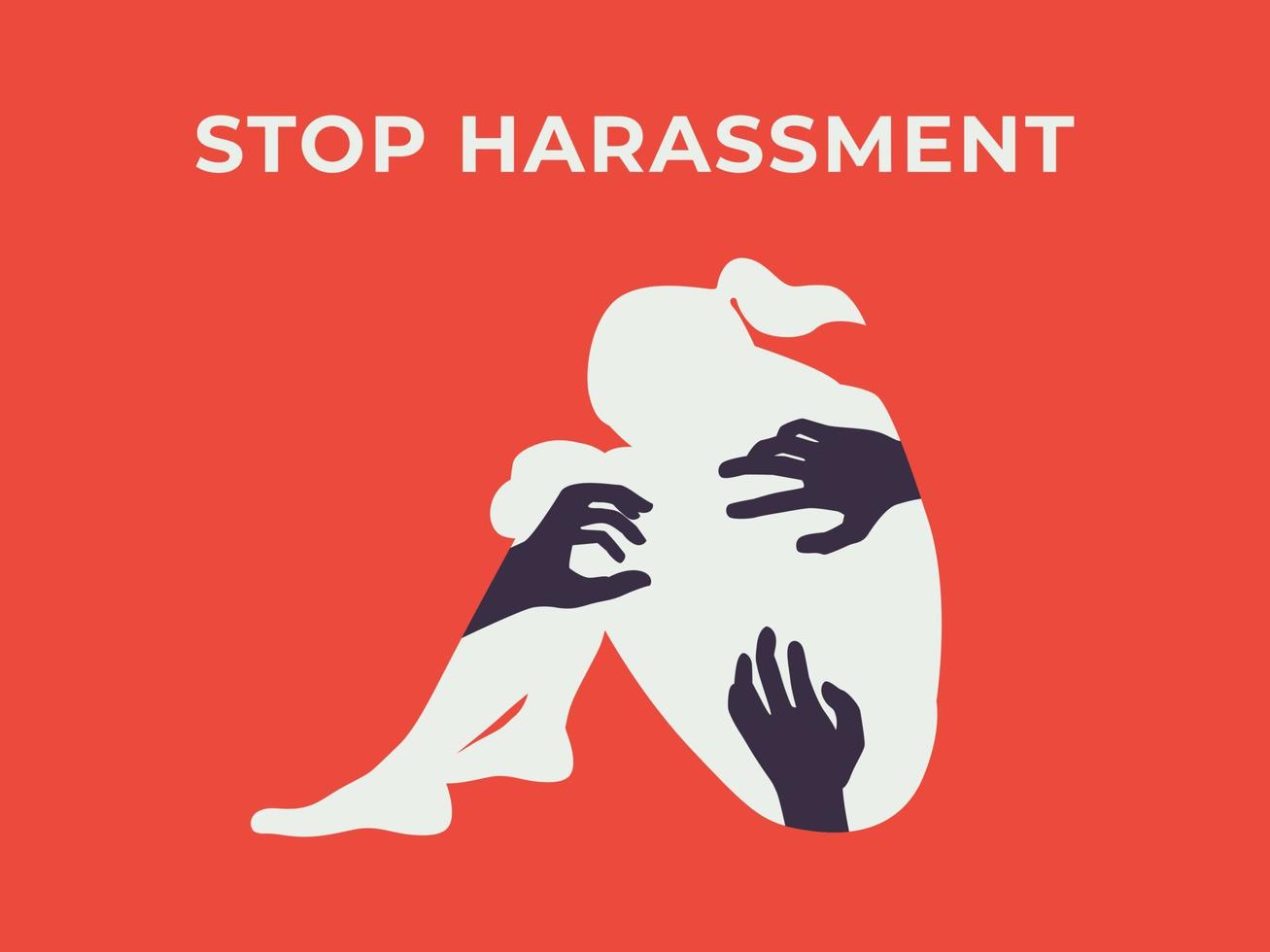In a significant development, the Justice Department has reached an agreement with the office of former New York Governor Andrew Cuomo, stating that he sexually harassed 13 women who worked for the state between 2013 and 2021. While the agreement doesn’t constitute an official adjudication on the case’s merits, it marks a crucial acknowledgment of the violations.
DOJ Investigation Details
The Justice Department, in collaboration with the Civil Rights Division and the U.S. Attorney’s office in Brooklyn, conducted a thorough investigation. The findings indicate a “pattern or practice of discrimination against female employees based on sex” and retaliation against those who spoke up. The report underscored the egregious conduct within Cuomo’s executive chamber, emphasizing the power differential and the victims’ limited avenues to report harassment.
Violations of Title VII Rules
The agreement concluded that Cuomo’s administration violated federal Title VII rules against discrimination and retaliation. This represents a significant blow to Cuomo’s legacy, considering the substantial impact of Title VII in addressing workplace discrimination.
Cuomo’s Response and Denials
Cuomo’s attorney, Rita Glavin, vehemently denied the allegations, stating that the investigation was based on a “deeply flawed, inaccurate, biased, and misleading” report by the Attorney General. Glavin contended that Cuomo was not guilty of sexual harassment and criticized the Justice Department’s agreement as a “political settlement” without a proper investigation.

Read more:
- Guilty verdict for St. Petersburg resident tied to six ounces of cocaine
- Kidnapper Found Guilty in Case of 13-Year-Old Girl Who Signaled for Help
- Impeachment trial defense for Paxton cost $2.3 million
- Accusations Against Illinois Man for Alleged Involvement in Florida Murder Scheme
Cuomo himself has consistently denied any wrongdoing and accused the Attorney General of inflating the number of accusers in her report. Despite the damning findings, Cuomo has not ruled out a return to politics and has hinted at potential aspirations, including possibly running for New York City Mayor Eric Adams’ seat.
Implications for Cuomo and the Justice System
The Justice Department’s agreement holds symbolic importance, signaling a commitment to addressing sexual harassment at the highest levels of government. However, the lack of a formal adjudication leaves room for continued debate about the veracity of the allegations. The legal implications and potential consequences for Cuomo remain uncertain.
Response from Governor Kathy Hochul
Cuomo’s successor, Governor Kathy Hochul, has implemented reforms following his resignation in 2021. The Justice Department’s agreement now prompts federal officials to assist Hochul in expanding her office’s human resources department, developing new reporting procedures, and establishing anti-retaliation training programs.
Governor Hochul expressed satisfaction with the acknowledgment of her efforts by the U.S. Department of Justice and pledged to collaborate further to build upon the success of the reforms.
Continuing Challenges and Allegations
While significant efforts have been made to address the issue, one of Cuomo’s accusers, Brittany Commisso, who played a crucial role in the case, filed a civil lawsuit against him under the state’s Adult Survivors Act. She alleges Cuomo engaged in unwelcome advances and other inappropriate behaviors. Despite efforts by Governor Hochul’s administration, Commisso claims to have faced retaliation and demotion.
Conclusion: Navigating the Complex Fallout
As the fallout from the Justice Department’s agreement unfolds, questions linger about Cuomo’s political future, the effectiveness of the reforms initiated by Governor Hochul, and the broader implications for combating sexual harassment in the public sphere. The case serves as a complex narrative, intertwining legal, political, and societal dimensions.















+ There are no comments
Add yours